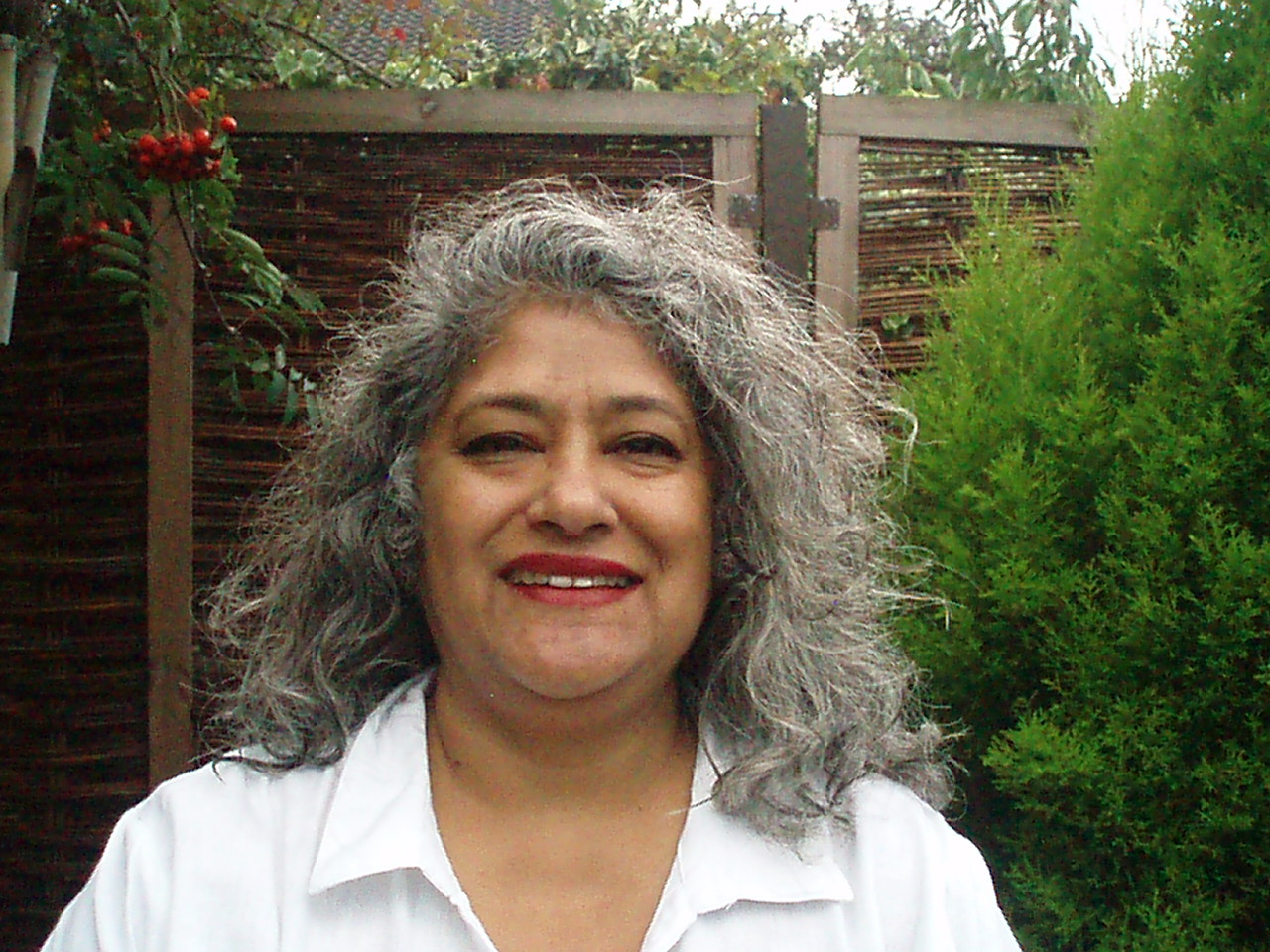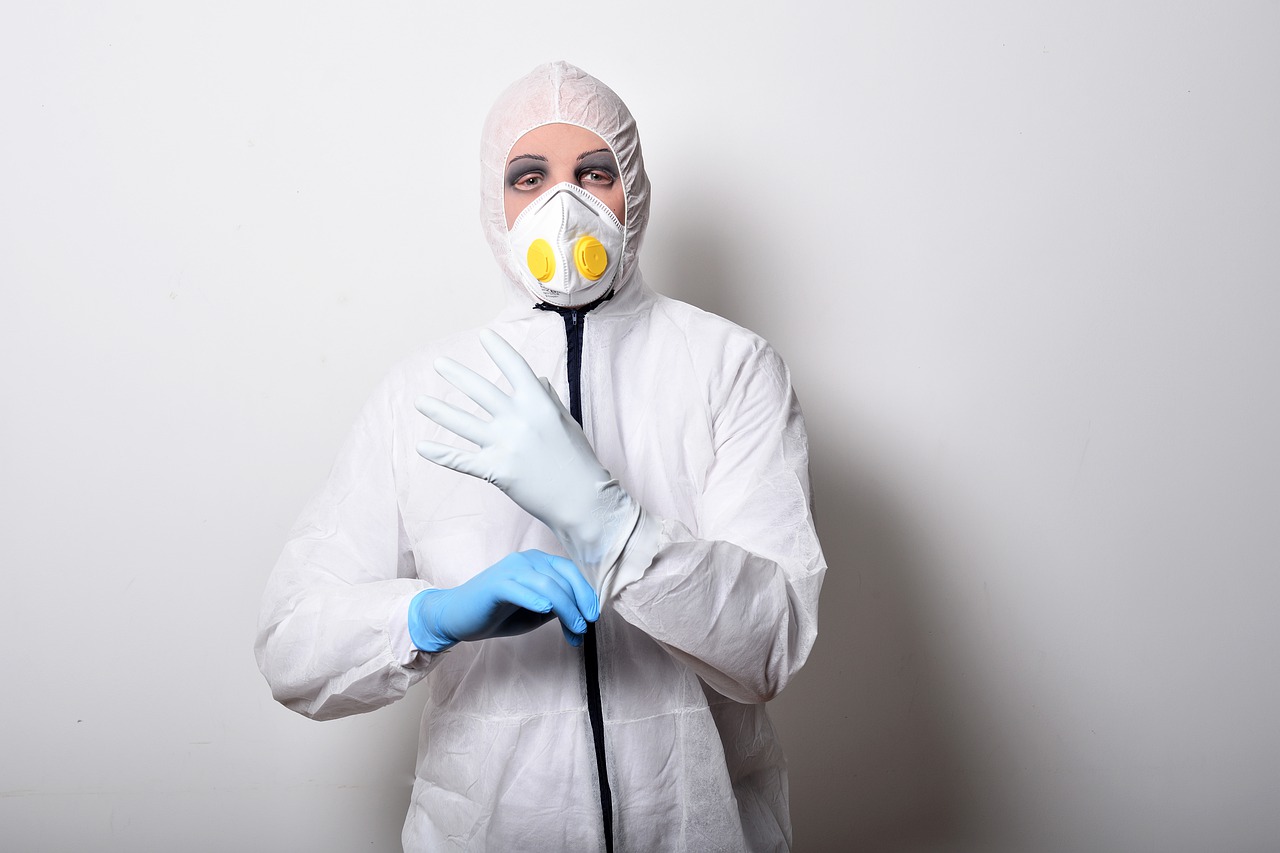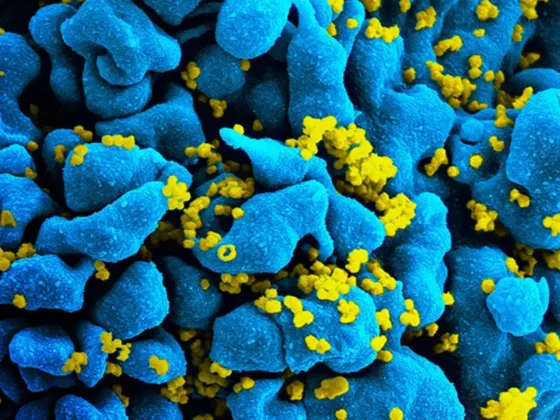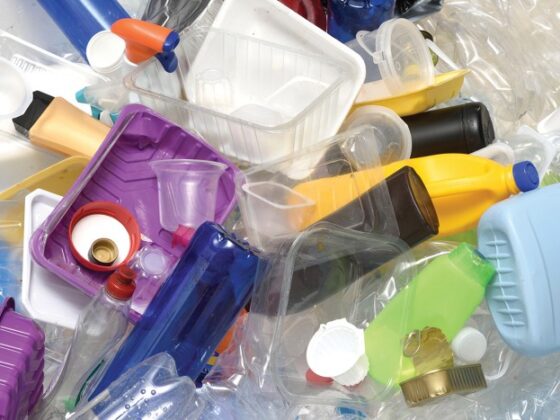By Ranjona Banerji
When the radiologist flagged my routine mammogram in the danger category, my first instinct was denial. This is in spite of the fact that my Mother had had breast cancer some 20 years earlier and had successfully fought it. Given the risks which I was well aware of, I had faced my mortality then, or so I thought. But when it happened to me in 2015, my mind shut off and screamed, ‘No’.
But the mind is a funny thing. It has its own systems that sometimes we know nothing of. After that first wobble, it just took on the issue of cancer, disease, fear, mortality head on. Talking to other cancer patients, I found I was not alone. Often you found you were consoling your family and friends, assuring them, dealing with their fears. I remembered then how strange we had found it that my Mother, after her cancer diagnosis, appeared so worried about my Father’s health when he really had no health issues at all.
If you are lucky and you have good doctors, you will be given the correct information and options for you to process. A good doctor will not hold back the bad news but will not needlessly scare you either. Patient information is vital. All too often, families decide that the patient need not know the worst and that is actually the very worst thing you can do. We all have inalienable rights over our own bodies, and we cannot be denied vital information about ourselves.
As I sat in Hinduja Hospital waiting room in Mumbai with my sister and a close friend, waiting for the biopsy result, I found myself reassuring the two of them but preparing them for what I knew was coming: that I definitely had cancer. They were still holding out. We went out for a coffee after and it was more for them than for me. I cannot claim any extraordinary courage either: this is just how your mind prepares you. When I spoke to my Mother later that day, I heard that same understanding in her voice. She had been through it. She knew what I was going through.
I was extremely lucky though. The tumour was small. It was out. The doctors I consulted ruled that chemotherapy, the big dread, was not needed. Radiation therapy was adequate. As one very senior doctor at Tata Memorial, Mumbai said to me, “Just finish your treatment and get on with your life. You are free!”.
I’ve held that advice dear ever since.
Funnily enough, the most annoying aspect of all this was the gratuitous advice. The minute people hear you have a disease, especially one like cancer, they will offer, from the kindness of their hearts and the extreme insensitivity of their minds, any number of ridiculous “cures”. As one of my doctors said, “If eating lettuce could really cure cancer, us oncologists would be the first to recommend it”!
I have nothing against lettuce though. But I know now how to face hard facts: with a clear head and a delete button for foolish helpful advice!
(The writer is a senior journalist.)









